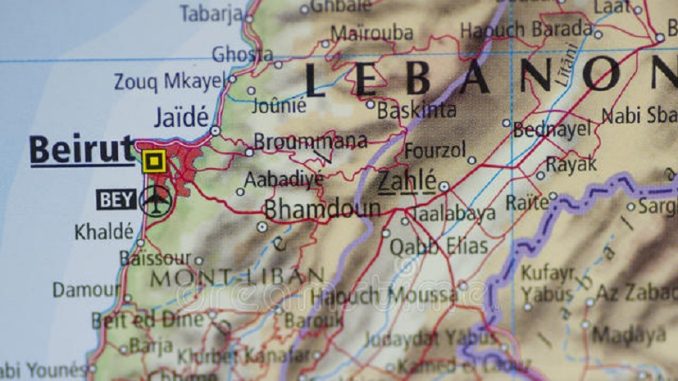
By Ali Hammoud
The electoral period is over and its decisive results showed that the Lebanese system, politically weak and economically collapsed, is still capable of completing an important constitutional right like elections, and that the political and sectarian arrangements allowed it to get the sufficient number of seats hold the first parliamentary session to elect the President of the Parliament.
The governing system has always been capable of understanding and making concessions in the so-called “consensual democracy”, in other words, sharing governability, guaranteeing interests and distributing actions in order to ensure the participation of everyone in the plundering of public funds and the theft of the assets of the State.
For the first time in Lebanon after the Taif Agreement, the system elects the President of the Parliament with 65 votes out of 128, after agreements, contributions and negotiations that lasted around two weeks. For the first time in 30 years, Nabih Berri has been elected from a position of weakness in a clear reflection of the nature of the new balance. Ths places the country before another kind of confrontation that will appear in the complementary elections, from the formation of the government, to the election of a president of the republic, as well as the managing of economic expedients and the financial and economic recovery plan.
The elections for the presidency of the House of Representatives showed us that none of the parties of the system has the majority, and that the possibilities of an overturning or a vacuum in the government are high, with all the sectarian and security tensions that can come with it, making the country face the possibilities of a sectarian social explosion.
However, with every worsening of the crisis and the increase of the division, important information arises. The volume of popular detachment of the sectarian parties and the forces of the system is on the rise. There is also an inter-sectarian popular bloc that is willing to face the regime, but it only needs to get organized and to take its protest from a spontaneous state to a guided and organized action.
Here comes into play our role and the function of the slogans of struggle we are trying to launch.
Through it, we seek to mobilize people around the rejection the “sovereign fund” proposed by the Banks Association and the party of the rich, in other words, refusing to put all the properties and State capacities to the service of the 1% and the service of the ruling oligarchy.
This is the first confrontation with which we can open the way of economic change and then political change.
Thus we take the initiative of calling for the creation of a front of demands with one purpose, which is mobilizing the working class to organize a confrontation against the banking party and the oligarchy and hitting the alliance of the sectarian militias and the financial oligarchy. The course of confrontation in Lebanon is open to different scenarios, but it is certain that we will face the violence of the regime and that the coming days and months are decisive.








